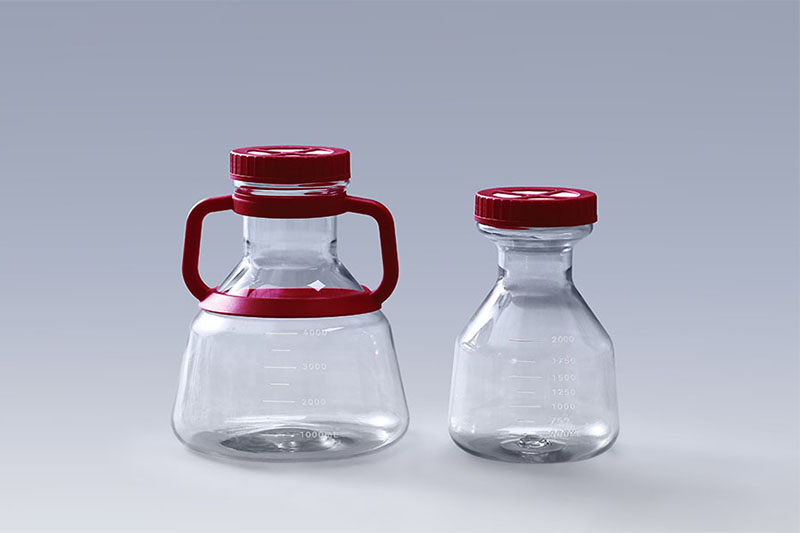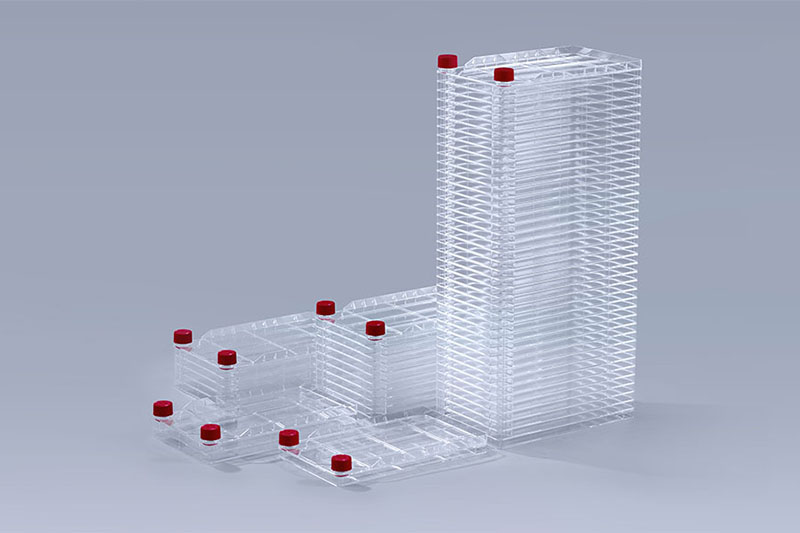(FDA) has approved Keytruda, Merck’s anti-PD-1 therapy, in combination with Padcev (enfortumab vedotin-ejfv) for the treatment of adult patients with locally advanced or metastatic urothelial carcinoma (la/mUC) who are not eligible for cisplatin-containing chemotherapy. This indication is approved under accelerated approval based on tumor response rate and durability of response. Continued approval for this indication may be contingent upon verification and description of clinical benefit in the confirmatory trials. This marks the first time an anti-PD-1 therapy has been approved in combination with anantibody-drug conjugate in the U.S. in these patients.
About Keytruda® (pembrolizumab) injection, 100 mg
Keytruda is an anti-programmed death receptor-1 (PD-1) therapy that works by increasing the ability of the body’s immune system to help detect and fight tumor cells. Keytruda is a humanized monoclonal antibody that blocks the interaction between PD-1 and its ligands, PD-L1 and PD-L2, thereby activating T lymphocytes which may affect both tumor cells and healthy cells.
Merck has the industry’s largest immuno-oncology clinical research program. There are currently more than 1,600 trials studying Keytruda across a wide variety of cancers and treatment settings. The Keytruda clinical program seeks to understand the role of Keytruda across cancers and the factors that may predict a patient's likelihood of benefitting from treatment with Keytruda, including exploring several different biomarkers.
Source: https://www.drugs.com/newdrugs/fda-approves-merck-s-keytruda-pembrolizumab-combination-padcev-enfortumab-vedotin-ejfv-first-line-5994.html
The FAI climbed 5.9 percent year-on-year in the first 11 months of 2018, quickening from the 5.7-percent growth in Jan-Oct, the National Bureau of Statistics (NBS) said Friday in an online statement.
The key indicator of investment, dubbed a major growth driver, hit the bottom in August and has since started to rebound steadily.
In the face of emerging economic challenges home and abroad, China has stepped up efforts to stabilize investment, in particular rolling out measures to motivate private investors and channel funds into infrastructure.
Friday's data showed private investment, accounting for more than 60 percent of the total FAI, expanded by a brisk 8.7 percent.
NBS spokesperson Mao Shengyong said funds into weak economic links registered rapid increases as investment in environmental protection and agriculture jumped 42 percent and 12.5 percent respectively, much faster than the average.
In breakdown, investment in high-tech and equipment manufacturing remained vigorous with 16.1-percent and 11.6-percent increases respectively in the first 11 months. Infrastructure investment gained 3.7 percent, staying flat. Investment in property development rose 9.7 percent, also unchanged.
 English
English



















































 Erlenmeyer Shake Flasks
Erlenmeyer Shake Flasks Cell Factory
Cell Factory